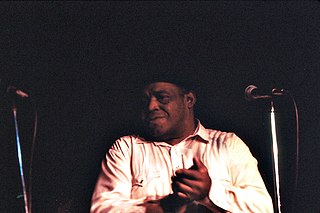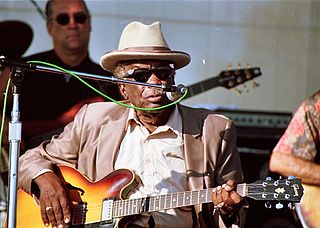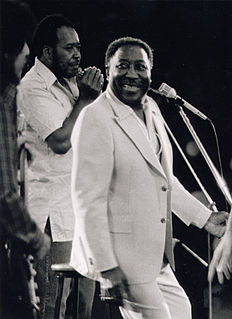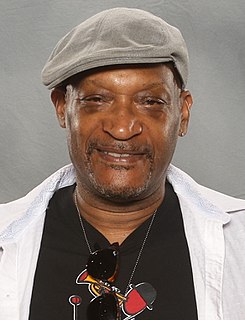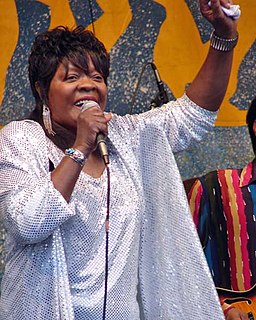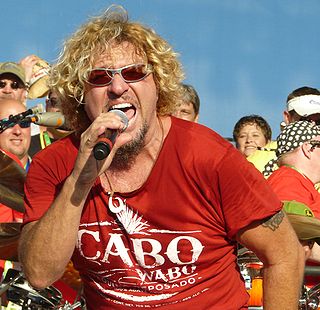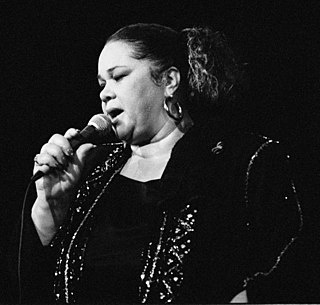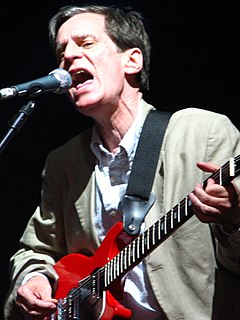A Quote by Gin Wigmore
When I went to Memphis and Mississippi and Nashville, I learnt the blues is a whole way of life. I don't really have the blues, but I can appreciate the honesty and the simplicity of it.
Quote Topics
Related Quotes
Music and the blues, they have taught me a lot. I think in this book, 'Book Of Hours,' there is this blues sensibility. There are moments of humor even in the sorrow, and I'm really interested in the way that the blues have that tragic-comic view of life - what Langston Hughes called 'laughing to keep from crying.'
After my early days of being a passionate young Elvis fan, Chuck Berry, Little Richard, etc. I got interested in Ray Charles and Ella Fitzgerald. Then I got turned on to the blues. I realized how important it was to our music in England at the time. Everyone was into the blues. Then you start looking at the different kinds of blues, and you follow the journey backwards from Chicago to earlier times back down to the Delta to the Memphis Blues.



